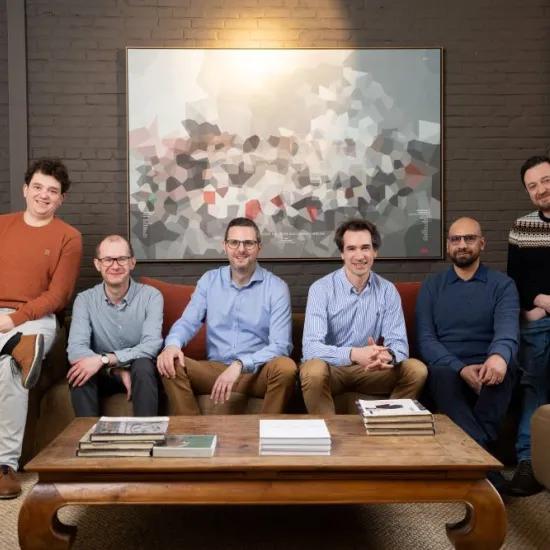Digital servitisation is a specific type of servitisation. Within this new revenue model, value is created thanks to the digital services that complement a physical product. Smart objects, the use of which is facilitated by associated services, are the most obvious examples. The concept can nevertheless be extended to a complete product proposed in the form of a service. Let’s take a look at the stakes involved in this new way of innovating.
What opportunities does digital servitisation offer?
At a time when competition is increasing and the average product life cycle is decreasing due to a higher degree of product variability, the move to digital servitisation offers a whole range of new opportunities for product manufacturers. First of all, supplementary services can help a product stand out from its competitors. Secondly, the conclusion of service contracts with customers enables the construction of more long-term relationships and increased understanding of client needs. Such added 'customer intimacy' also tends to generate increased income throughout the product’s life cycle. It also enables the product builder to harvest precious information based on collected data pertaining to product use. Such data can, for example, be used to improve future product design.
What new challenges are the most frequently encountered?
Firstly, the manufacturer needs to improve the physical product with the necessary technology and to equip it with a series of connected sensors that will enable it, to start with, to collect and analyse data in order to harvest useful information. Secondly, the company needs to choose the marketable model that best suits its customers’ needs. Finally, the most complex phase consists in transforming the concept of digital servitisation into an initial prototype. During this step, the company is faced with a multitude of choices which, at Sirris, we refer to as 'smart product paralysis'. By offering both sales and technological support to businesses, we help them to successfully pass this phase to move on to those that follow.
What impact does this have on business operations?
This transition in the business model has an impact on a certain number or organisational aspects. In order to adapt to this move from the occasional transfer of property to the continued maintenance of a complementary digital product, businesses will need to acquire new skills if they wish to gain and maintain command of these new technological capacities. Furthermore, in the vast majority of cases, this also requires a more collaborative organisation model, via which synergies with other stakeholders in the overall value chain are to be established in order to best manage these new customer relations. To conclude, digital servitisation triggers a certain number of legal issues associated with, on the one hand, the confidentiality and the property of data collected via the product and, on the other hand, the need to provide customers with clear service contracts.
Among its services, Sirris can coach and accompany businesses wishing to embark on reflection on digital servitisation. Our research centre organises group workshops for you to grasp the concept, its technological and marketing aspects, together with personalised coaching, feasibility studies, prototype development, etc.
Would you like to find out more? Contact us directly.
This blog is based on an article published in CCI mag'.



